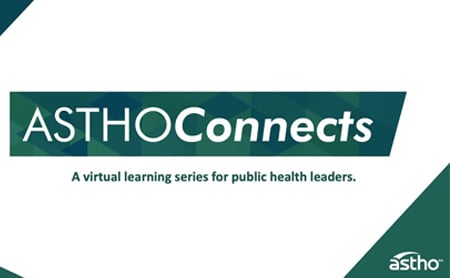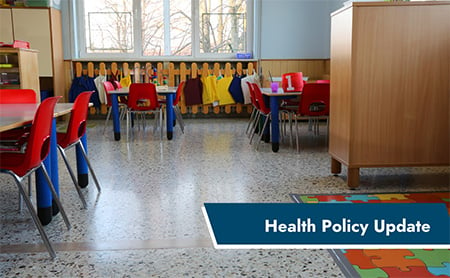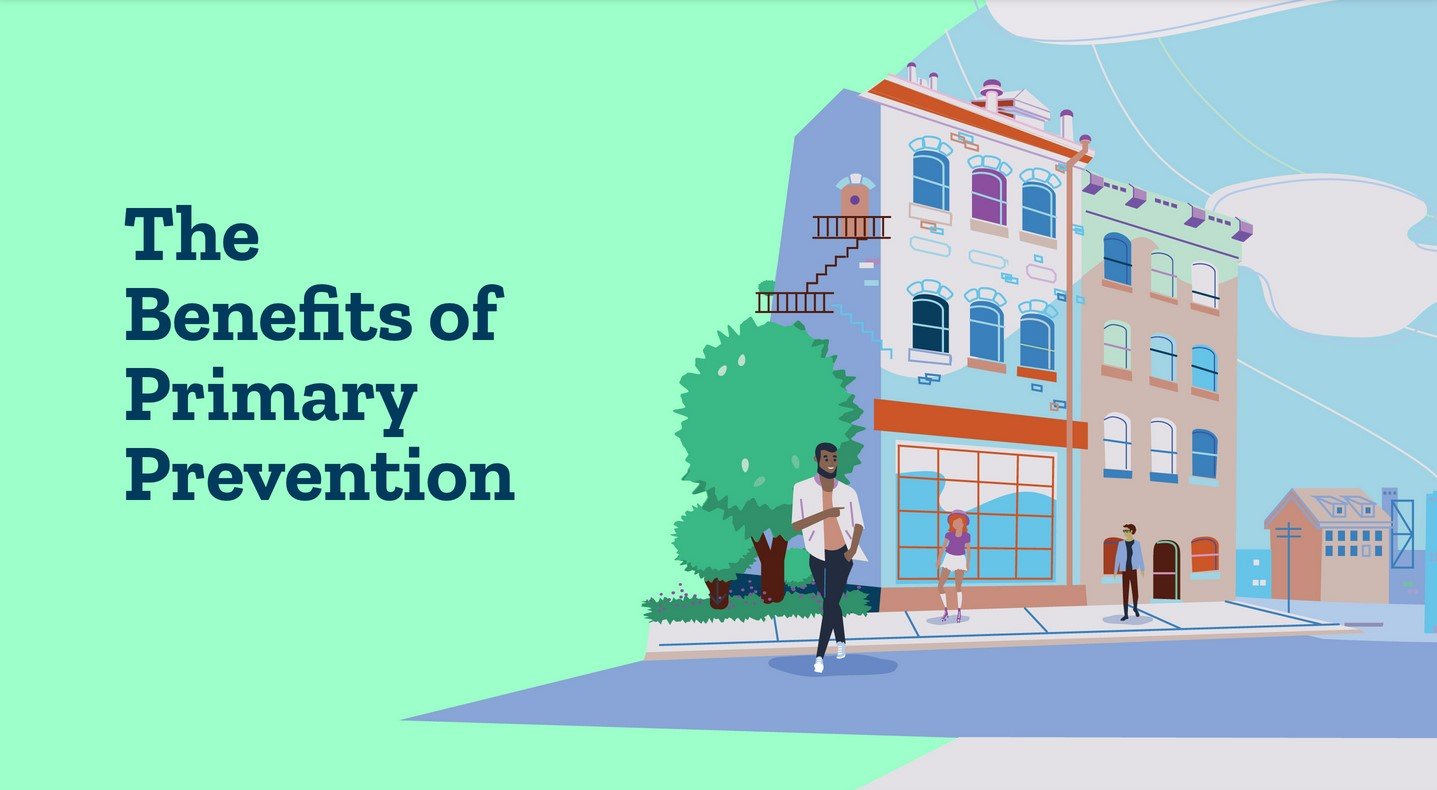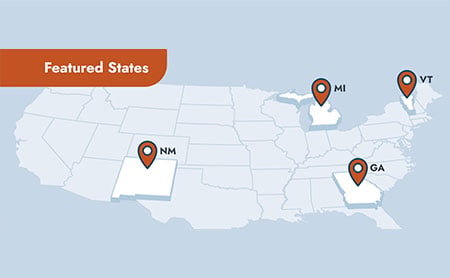Adverse childhood experiences (ACEs) are potentially stressful or traumatic incidents that harm social, cognitive, and emotional functioning and undermine the safe, stable, nurturing relationships and environments children need to thrive. ASTHO works with state, territorial, and freely associated state health agency leadership, their staff, and cross-sector partners to strengthen jurisdiction-level infrastructure to elevate ACEs prevention. ASTHO also aims to increase knowledge and inspire ACEs programmatic, legislative, and leadership staff to establish policies upstream. See ASTHO's ACEs prevention webpages on policy, partnerships, and data to learn more.
Featured

Adverse Childhood Experiences Capacity Assessment Tool (ACECAT) Roadmap
This roadmap provides concrete steps to complete the ACECAT asynchronously.
View the Roadmap
Adverse Childhood Experiences Prevention Policy Toolkit
This toolkit identifies strategies for preventing ACEs, the role of public health in ACEs across levels of government, and policy development strategies to inform ACEs prevention.
Get the Toolkit
Improving the Built Environment Prevents ACEs and Creates Safer Communities
The article highlights how enhancing the built environment can prevent ACEs and foster safer communities by addressing factors like access to schools, healthcare, and green spaces.
Read the Article
Leveraging Policy and Funding to Prevent Adverse Childhood Experiences
This webinar focuses on the importance of policy and braiding and layering funding to address and prevent adverse childhood experiences (ACEs).
Explore the Webinar
State/Territorial Policy Considerations for Preventing Adverse Childhood Experiences
This policy playbook identifies a range of evidence-supported policies considered by state legislatures from 2019 – 2021 that could prevent ACEs.
Get the Report
Braiding and Layering Funding for Adverse Childhood Experiences Prevention
This report discusses the process of braiding and layering funds and identifying opportunities to maximize ACEs prevention resources and impact.
Get the ReportLatest ACEs Resources

Policies Supporting Young Families Can Reduce Adverse Childhood Experiences
Learn More

Improving the Built Environment Prevents ACEs and Creates Safer Communities
Learn More



Early Success Stories
Change can take time, but every success improves our capabilities to care for our communities. Explore four powerful, successful programs below.
Learn More
What Surrounds Us Shapes Our Health—Look to Primary Prevention for Better Health
Learn MoreCollaborations
Through the ACEs Learning Community, ASTHO collaborates with state health agencies and other public health organizations to examine national trends in ACEs prevention priorities, strengths, and areas of improvement. ASTHO also closely coordinates with Safe States Alliance to support the ACEs Learning Community activities and products.
As a result of participating in the learning community, states have increased their capacity in the following ways:
- Mapping and surveying ACEs partners and sharing data with external ACEs partners.
- Fostering cross-sector dialogue and strengthening connections within the state.
- Deepening understanding of the existing knowledge, work, and capacity around ACEs within a state.
- Bolstering state health agencies as ACEs experts.
- Understanding the scope of relevant ACEs policies.
- Identifying strategies for coalition building and policy change.
- Finding braiding and layering opportunities within their agency.